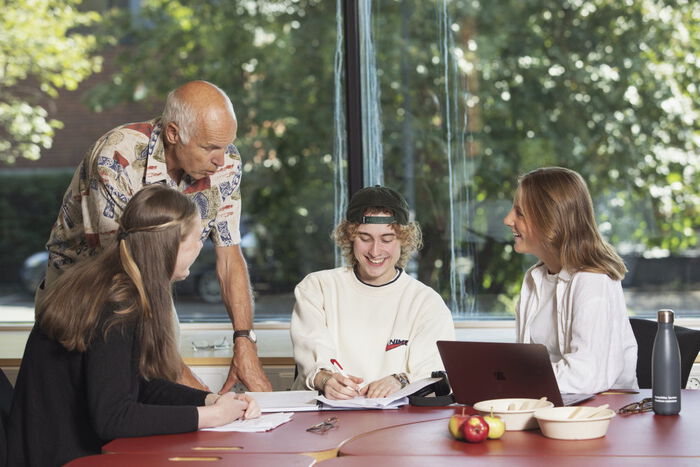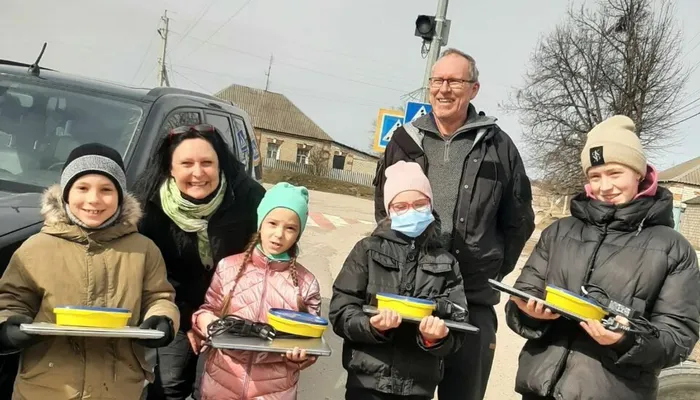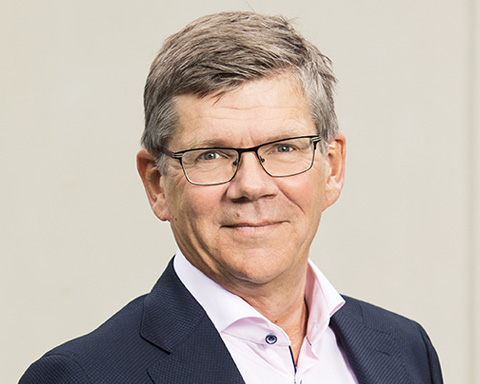(Based on Ms Gornitzka?s speech to the awardee at the ceremony)
Professor Pet? received the award in recognition of her efforts and active involvement in bravely defending academic freedom and institutional autonomy.
She has challenged and encouraged academics and academic institutions to speak up and stand against authoritarian and illiberal forces' attacks on academic freedom, showing the sombre effects that will occur if the sector is not vigilant and fail to actively defend academic freedom in practice.
Not the least, she is sounding the alarm bells in order to awaken those who are sleepwalking on the road towards the erosion of democratic values and systems, and with it the principle of academic freedom.
Professor Pet? is a Historian also with a degree in sociology and has worked in several Hungarian universities. In 2005 she got her full professorship at the Central European University. This turned out to be a fork in the road for both her career and her life as an academic, as well as her contributions in the public sphere.
Professor Pet? is an internationally highly decorated historian. Her research covers a broad spectrum of cases and topics – yet two main threads run through her work. First, she bridges the historical study of local societal and political developments and events to discussions that are of global relevance. Second, she does not shy away from using her expertise to analyse and put a sharp investigative torchlight on highly contested research areas like Oral History, Gender, and Holocaust studies.
It is striking how Professor Pet? manages to explore previously unrepresented perspectives and topics – often related to subjects that societies and communities have tried to suppress, like sexual violence and women as perpetrators, not victims, during war. The highly contested category of gender is always central to her work as a researcher and as a teacher. This also characterises how she is using her research as a platform for public engagement and as a feminist public intellectual.
With her connection to gender studies and Holocaust research, Professor Pet? represents disciplines that are under direct attack as regimes in Europe and elsewhere have moved in a more authoritarian direction.
In 2018, the Central European University, where she has been conducting her work, announced that they would end their operations in Budapest and move to Vienna. The university lost its Hungarian accreditation after the government passed a law effectively forcing it out of the country and closed down Gender Studies as an academic discipline. Consequently, she experienced first-hand the odious consequences stemming from doing research, asking questions, and drawing up perspectives that trigger hate and aggressive responses.
Professor Pet? has analysed in her research how authoritarian and illiberal regimes come to power in democracies weakened by financial, security and migration crises. Democracies are undermined by restricting academic freedom, curtailing freedom of the press, eroding judicial independence, and controlling public institutions and non-governmental organizations.
Together with Assistant Professor Weronika Grzebalska from the Institute of Political Studies of the Polish Academy of Sciences, Professor Pet? has likened such regimes to a fungus called polypore – coining the phrase “the polypore state”. The fungus usually attacks already damaged trees, just as illegal regimes tend to emerge in vulnerable democracies.
Academic freedom is inextricably linked to a well-functioning democracy. Not surprisingly, this freedom seems to be one of the first things to evaporate when non-democratic forces take over. In addition to the media and the judiciary, universities are at the top of the list of institutions that illiberal regimes seize in order to control. Not necessarily by the blatant and grand demonstration of force but with insidious infringements of the freedom to ask questions, freedom to choose methods, freedom to publish and participate in the public debate without the threat of repercussions.
Building up well-functioning research groups and communities takes time, dismantling them, on the other hand, can be done in two split seconds. Losing the unhindered development of knowledge in a society, is losing a fundamental building block of liberal democracy. If so, we become vulnerable to authoritarian politicians who control the flow of information according to their own interests. They can do this without much opposition because the necessary knowledge to rebut is not available.
As anti-gender campaigns have gained momentum many places worldwide, one of their key strategies has been to portray Gender Studies as “bogus science” and as knowledge-development with political, rather than scientific motivation.
It is a well-known strategy. Given the strong forces that try to undermine and weaken the research that Professor Pet? represents, granting her this award today feels both urgent and important, showcasing the academic willingness and duty to protect academic freedom when it is being attacked.
Academic freedom must be protected in practice. Having strong networks and forging alliances with different actors within and outside academia are important ways of actively defending academic freedom. So is continuing to openly argue, discuss, and exercise the principle of “organised scepticism”, keeping the discussion alive and upholding research integrity.
Professor Pet? has tirelessly defended these values that are so important not just to academia, but to society as a whole.
Congratulations!

.jpg)


